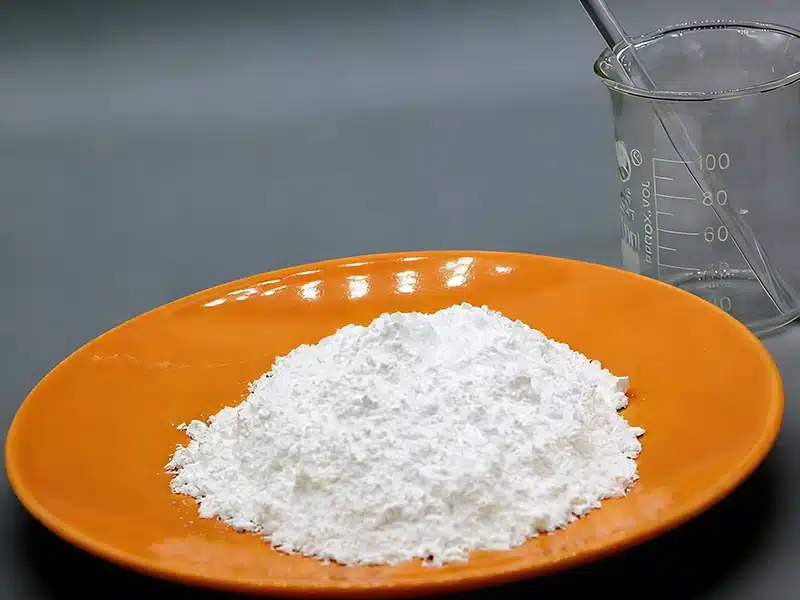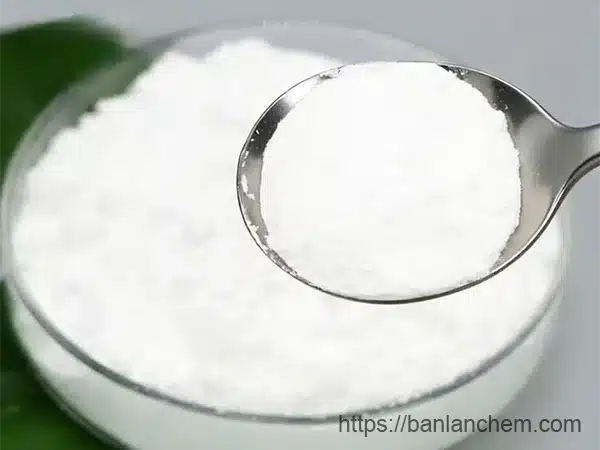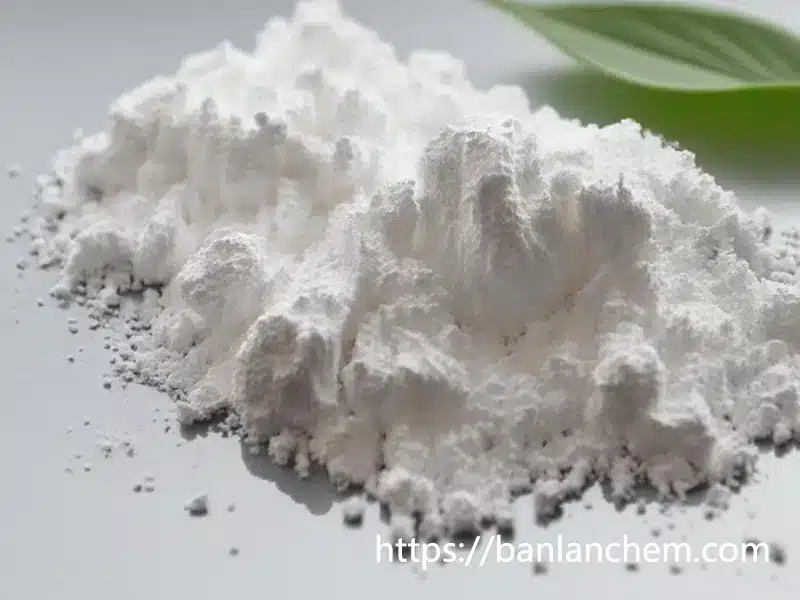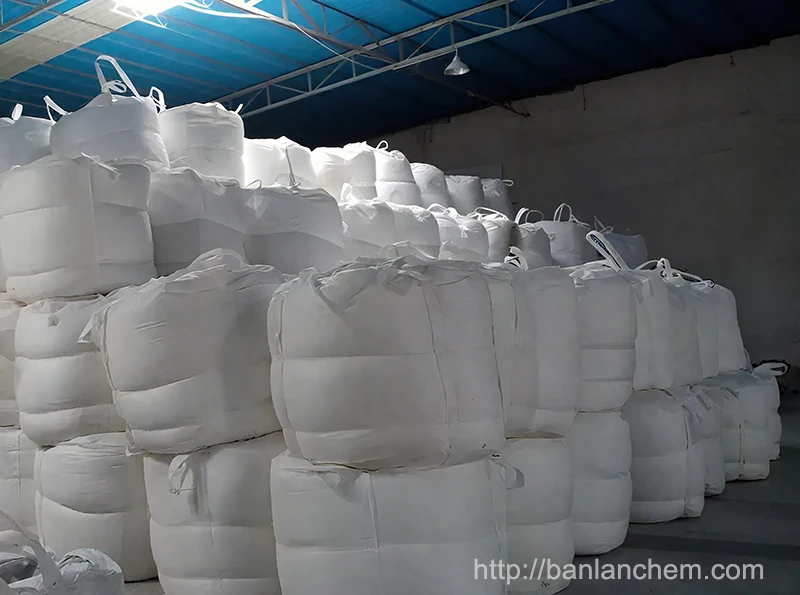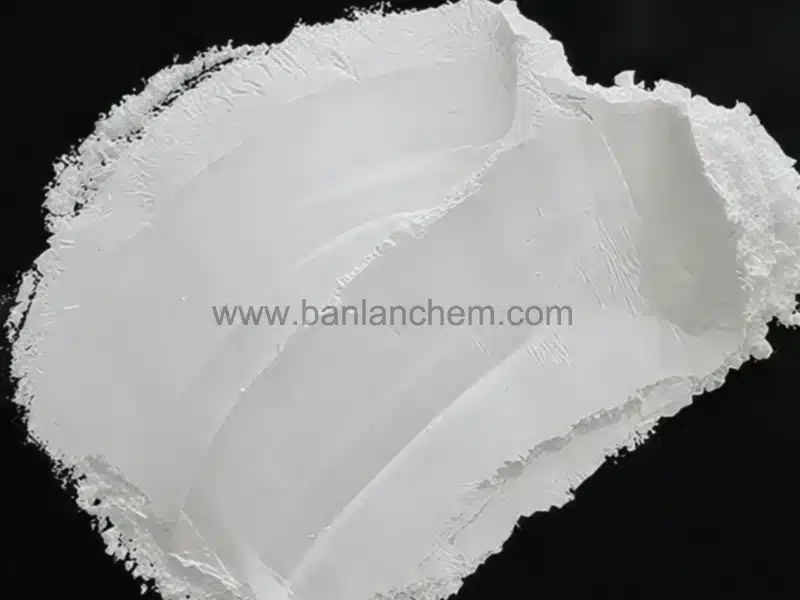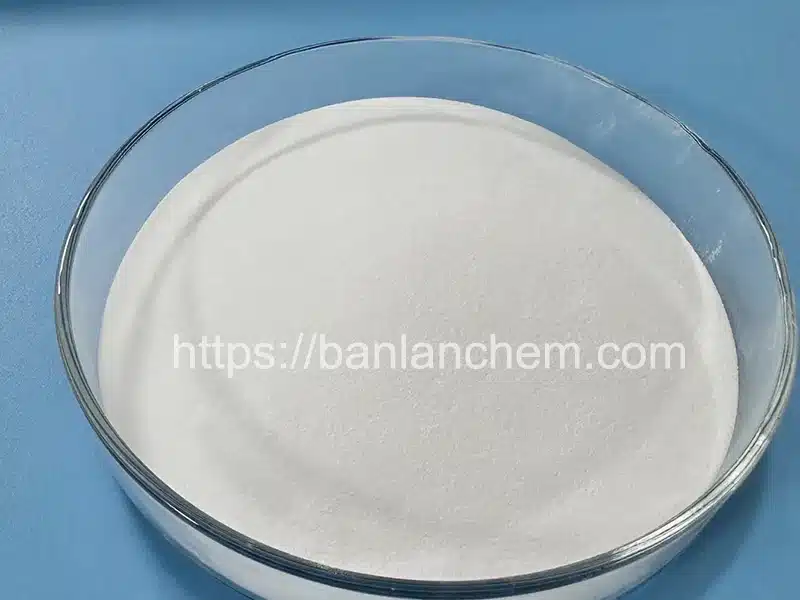What are the Uses of Aluminum Hydroxide?2025 Major Industrial Uses Detailed
Date: April-22-2025 Categories: News、Aluminium Hydroxide Views: 450
Aluminum Hydroxide (Al(OH)₃): A Versatile Industrial Material
Aluminum hydroxide (Al(OH)₃) is a widely used chemical compound with unique properties. It plays a key role in many industries, from flame retardants to medicine. Here’s a simple breakdown of its top uses.

1. Flame Retardant: Safety First
Aluminum hydroxide is one of the most common inorganic flame retardants. Here’s how it works:
When heated, it breaks down into water vapor and aluminum oxide (Al₂O₃).
The water cools the fire, while the oxide layer blocks oxygen.
Where is it used?
Plastics (PE, PP, PVC): Makes wires, cables, and construction materials fire-resistant.
Rubber products: Improves fire safety in tires, hoses, and belts while strengthening the material.
2. Paper Industry: Brighter, Smoother Paper
In papermaking, aluminum hydroxide acts as:
A filler: Makes paper thicker, smoother, and cheaper to produce.
A coating: Gives glossy finishes for high-quality printing (e.g., magazines, packaging).
3. Medicine: Heartburn Relief & Vaccines
Aluminum hydroxide is crucial in pharmaceuticals:
Antacids: Neutralizes stomach acid to treat heartburn and ulcers (found in gels and tablets).
Vaccine adjuvant: Helps vaccines work better by boosting immune response.
4. Water Treatment: Cleaner, Safer Water
It helps purify water by:
Clumping impurities (as a coagulant) for easy removal.
Trapping heavy metals like lead and mercury, making water safer.
5. Ceramics & Glass: Stronger, Clearer Products
Ceramics: Adds strength and heat resistance to tiles and tableware.
Glass: Improves clarity and lowers melting temperature, saving energy.
6. Other Key Uses
Catalyst support: Used in chemical reactions (e.g., oil refining).
Fireproof materials: Turns into heat-resistant alumina at high temperatures.
Cosmetics: Thickens creams and provides a smooth texture.
Why It Matters
Aluminum hydroxide is eco-friendly, non-toxic, and cost-effective. As industries focus more on sustainability, its demand keeps growing—especially in green technologies and advanced materials.


